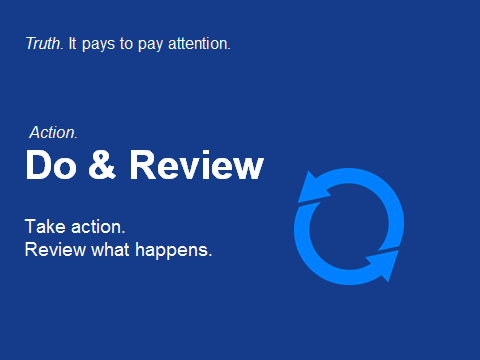The most important thing about your resume is that you be proud of how it presents you. If you are not proud of it, then how can you expect any one else to be impressed? Keep working on it until it presents you in just the way you want. Whenever you even think about your resume a smile should come to your face and when you give it to others your head should be held high!
It is usually possible to push up your presentation to make you appear more powerful, confident, and results oriented. These are traits employers seek.
Think about how much time is put into packaging products advertised on TV or in magazines. Spend the time it takes to package yourself in the same way. Think about what employers want to buy and then tell them your story in a way that compels them to be interested in you.
The experience section needs to project the value you delivered to the ones you worked for at the time and not just recount how you spent your time or added to your experience base. Specifically, each experience entry needs to answer the question: “What are you most proud of having accomplished in this period”. Prospective employers need to know:
-
-
- What you produced.
-
-
-
- What problems or challenges you overcame and in what particularly creative or ingenious ways.
-
Your resume must be visually appealing and easy to read. It must not be too dense or leave too much white space on the page and there can be no type-Os, spelling mistakes, or grammatical errors. It should also be only one page unless it absolutely has to be more.
Experiment with formats such as those used in this Example Resume and my own resume, PeterD Resume. Note that a two-column table is used to get the format right. You might try the same.
Clearly state what you want to ideally do both next and in the long term; for what kind, size, and stage organization; and where either in an opening OBJECTIVE statement or in a cover note.
The idea is to introduce yourself in a context that makes it easy for the reader to understand why you are a fit for their organization. The answer may seem obvious to you but you will be ahead of the game if you put it in words that smoothly reveal the fit before ever meeting you.

